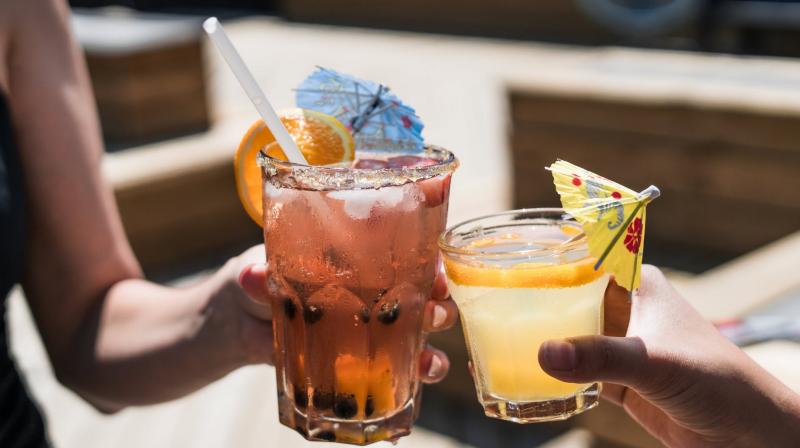Drinking may increase mouth bacteria linked to cancer, heart disease
Study offers clear evidence that drinking is bad for maintaining a healthy balance of microbes in the mouth.

New York: Drinking one or more alcoholic drinks per day may cause overabundance of mouth bacteria linked to gum disease, some cancers, and heart disease, a study warns.
The study, published in the journal Microbiome, also found that drinkers had fewer bacteria known to check the growth of other harmful germs.
"Our study offers clear evidence that drinking is bad for maintaining a healthy balance of microbes in the mouth and could help explain why drinking, like smoking, leads to bacterial changes already tied to cancer and chronic disease," said Jiyoung Ahn from New York University School of Medicine in the US.
The study offers evidence that rebalancing some of the 700 types of bacteria in the mouth, or oral microbiome, could potentially reverse or prevent some health problems tied to drinking.
Ahn said roughly 10 per cent of American adults are estimated to be heavy drinkers, which experts define as consumption of one or more drinks per day for women, and two or more drinks per day for men. Specifically, drinkers had more of the potentially harmful Bacteroidales, Actinomyces, and Neisseria species, and fewer Lactobacillales, bacteria commonly used in probiotic food supplements meant to prevent sickness, said Xiaozhou Fan, doctoral student at NYU School of Medicine.
The study involved 1,044, mostly white participants between the ages of 55 and 87.
All came from two ongoing, national cancer trials, and all were healthy when they enrolled in either study and provided mouthwash samples of their oral microbiome, along with detailed information about their alcohol consumption.
Laboratory testing was then used to genetically sort and quantify the oral bacteria among the 270 nondrinkers, 614 moderate drinkers, and 160 heavy drinkers.
Results were plotted on graphs to determine which bacteria in drinkers stood out - and grew more or less - than in nondrinkers.

